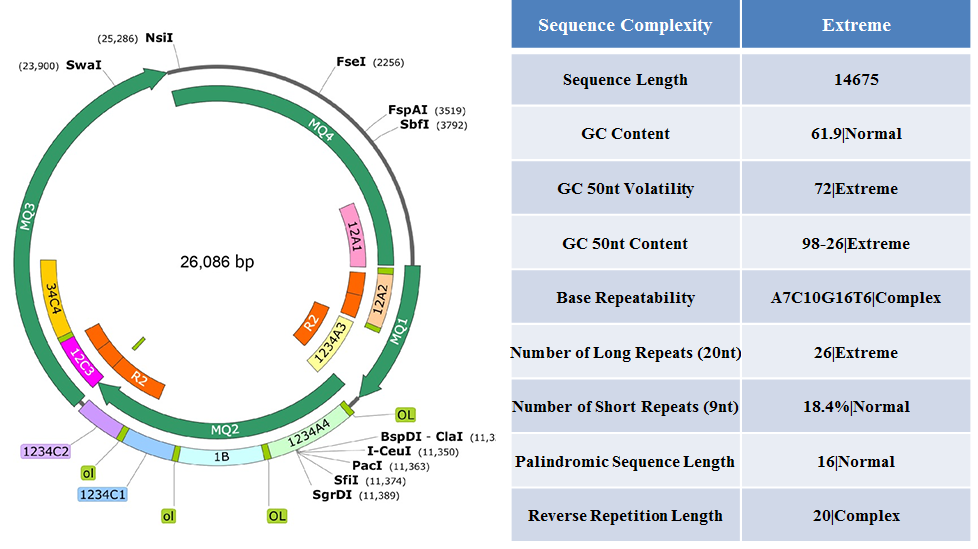
As we delve into the fascinating world of artificial gene synthesis, it’s hard not to marvel at how this technology is reshaping our understanding of genetics and biotechnology. With its ability to create custom DNA sequences, artificial gene synthesis opens up a realm of possibilities in medicine, agriculture, and environmental science. However, with great power comes great responsibility—especially when it comes to navigating the complex legal and regulatory frameworks that govern this innovative field.
The Regulatory Framework Surrounding Artificial Gene Synthesis
Artificial gene synthesis involves creating synthetic DNA sequences for various applications. The legal landscape surrounding this technology is multifaceted, encompassing intellectual property rights, biosafety regulations, and ethical considerations. One critical aspect is the implementation of Conflict of Interest Policies (COI), which aim to prevent any potential bias or unethical behavior in research involving synthetic genes. These policies ensure transparency among researchers and institutions engaged in artificial gene synthesis projects.
Synthesis of Gene Fragments: A Closer Look at Conflict of Interest Policies

Diving deeper into the specifics, the synthesis of gene fragments raises unique challenges under COI policies. Researchers must disclose any financial interests or affiliations that could influence their work on synthetic genes. This disclosure helps maintain integrity within scientific research by ensuring that findings are based solely on empirical evidence rather than external pressures or personal gain. Institutions often have stringent guidelines requiring regular audits and training sessions focused on COI awareness related to genetic engineering projects.
The Role of Synbio in Shaping Conflict of Interest Policies
Synthetic biology (Synbio) plays a pivotal role in shaping COI policies due to its interdisciplinary nature combining biology with engineering principles. As Synbio continues to evolve rapidly, so too do concerns regarding ethical practices and conflicts arising from commercial partnerships between academic institutions and private companies involved in artificial gene synthesis initiatives. By fostering an environment where open communication about potential conflicts exists, stakeholders can better navigate these complexities while advancing scientific discovery responsibly.
Conclusion: Embracing Responsibility in Artificial Gene Synthesis
In summary, as we explore the exciting frontiers offered by artificial gene synthesis technologies like Synbio and synthesized gene fragments, it becomes increasingly important to adhere strictly to Conflict of Interest Policies. These regulations serve as safeguards against biases that may compromise research integrity while promoting responsible innovation within biotechnology fields. Ultimately, embracing these responsibilities will help us harness the full potential inherent in synthetic biology without sacrificing ethical standards along the way.

